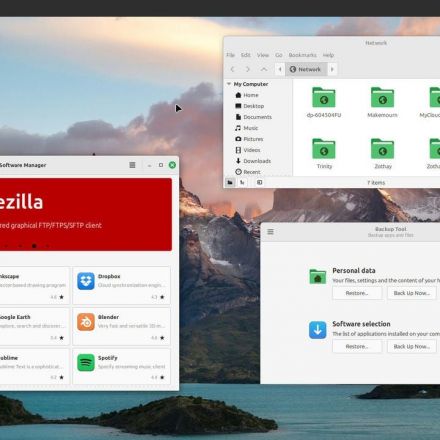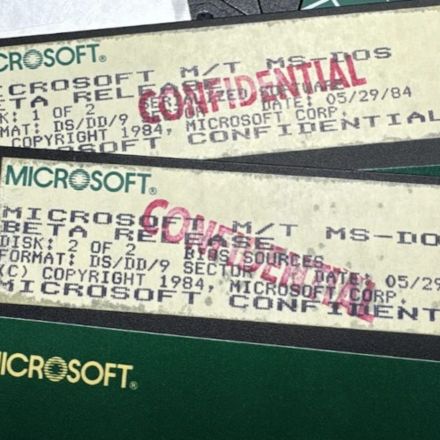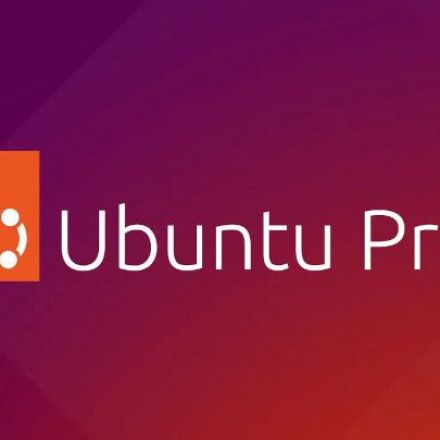

1 year ago
2
5 reasons why desktop Linux is finally growing in popularity
StatCounter reported that desktop Linux reached over 4% market share for the first time. I've used Linux for years. Here's why I think it's finally catching on with more people.
Continue Reading


























Join the Discussion
For me,I've used it for years and have enjoyed how it has progressed.
As someone who helps out people with their liberation from proprietary software (read: I install Linux distro's on their laptops and PC's and give them a nice headstart by teaching them the basics and essentials of the respective distro's), I am seeing a new trend: the SaaS (Software as a Service) doesn't go down as good as Microsoft (and Apple) want. Most of the people realise, finally, that in principle their machine is not theirs anymore in that way. To be more specific: according to Microsoft Windows User Agreement (since the haydays of Windows 95) it never was, but now it is more obvious with cloud services. It has become a more important reason to switch for people.
Another big reason is simple economics: people do not want (or can't) pay for all the online services and also, people want to use their machines for longer than anticipated by hardware producers and accountants. "Every three years buying new equipment is good for the books" is a long time mantra, which I always found a bit peculiar, because writing things off of your taxes is letting society pay for your costs as company. It is also far from durable or environmentally responsible. Hardware producers design their products also with obsolesence in mind, which is nice for their coffers, but not for the environment and/or the budgets of users.
And about the article itself: I understand the reasoning behind seeing Android and Chrome OS as a Linux version, but it needs to be nuanced: only the kernels of both OS's are originating from Linux kernels and that's about it. Most of the software that runs on it is proprietary and has hardly anything to do with Linux or Open Source. For the rest it was a nice read and I see articles about Year of the Desktop as a nice utopian tradition. Utopian, because in this neoliberal world of commercialising everything I do not see Linux distro's rule the consumer world. It already does so in the back end of it all: as far as I know, all the fastest supercomputers run some version/distro of Linux and pretty much the entire internet runs on it. :-)